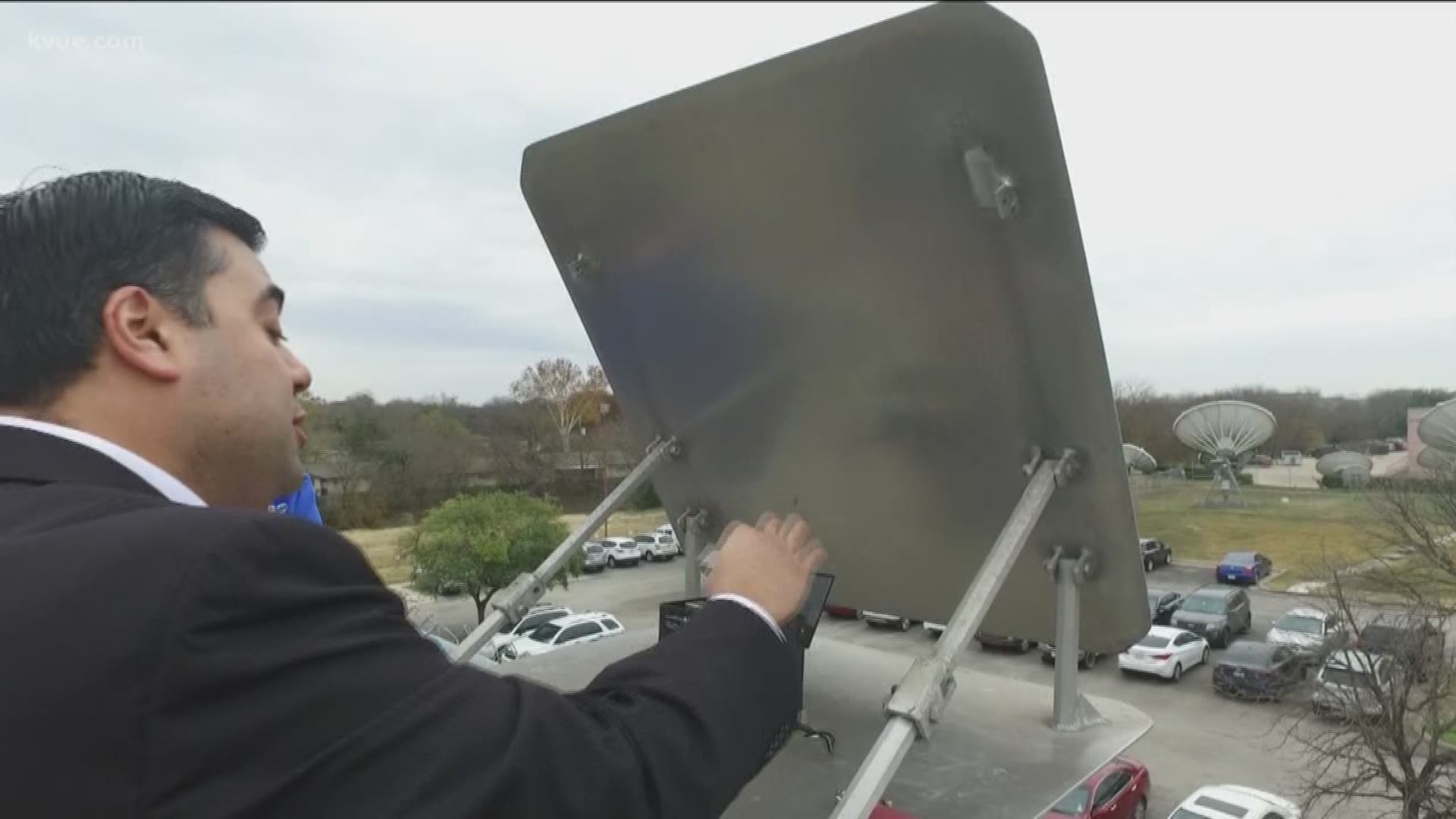AUSTIN — You watch the meteorologists give the forecast every day, some of those include how hard the allergens are hitting.
That information comes straight from the roof of KVUE.
Chief Meteorologist Albert Ramon showed off the air sampler, which helps capture things like pollen, mold and fungus on a glass slide for the meteorologists to analyze.


“Weather plays a huge part in when we're going to see that first spike of cedar pollen,” said Ramon.
Thankfully, he said we still have a few weeks before it hits hard.
RELATED:
“So somewhere beyond Christmas into New Year's, we get a strong cold front with a gusty north wind, and it's dry, you're going to see a tremendous amount of pollen under this microscope,” he said, pointing to a microscope in the weather center.
Ramon said your warning signs are dry, windy conditions.
Dr. Bill Howland, with the Allergy and Asthma Center in Austin, said pretty much all you need to help combat your allergies is over the counter
He suggested taking a nasal steroid spray starting no later than Christmas. Howland said to continue using it through mid-February to get rid of most of your problems.
Howland also suggested picking up a daily anti-histamine pill. He said that can help if you're still feeling the symptoms.
Finally, he said some eye drops twice a day can help with itchy eyes.
“Do the nasal spray every day, whether you think you need it or not, the eye drops you only add if you need and the anti-histamine you only add if you need,” Howland said. “But most people do better if they take the anti-histamine every day and the nasal cortisone spray every day.”
He said if you're still feeling the effects, you may need to make an appointment with an allergist.

